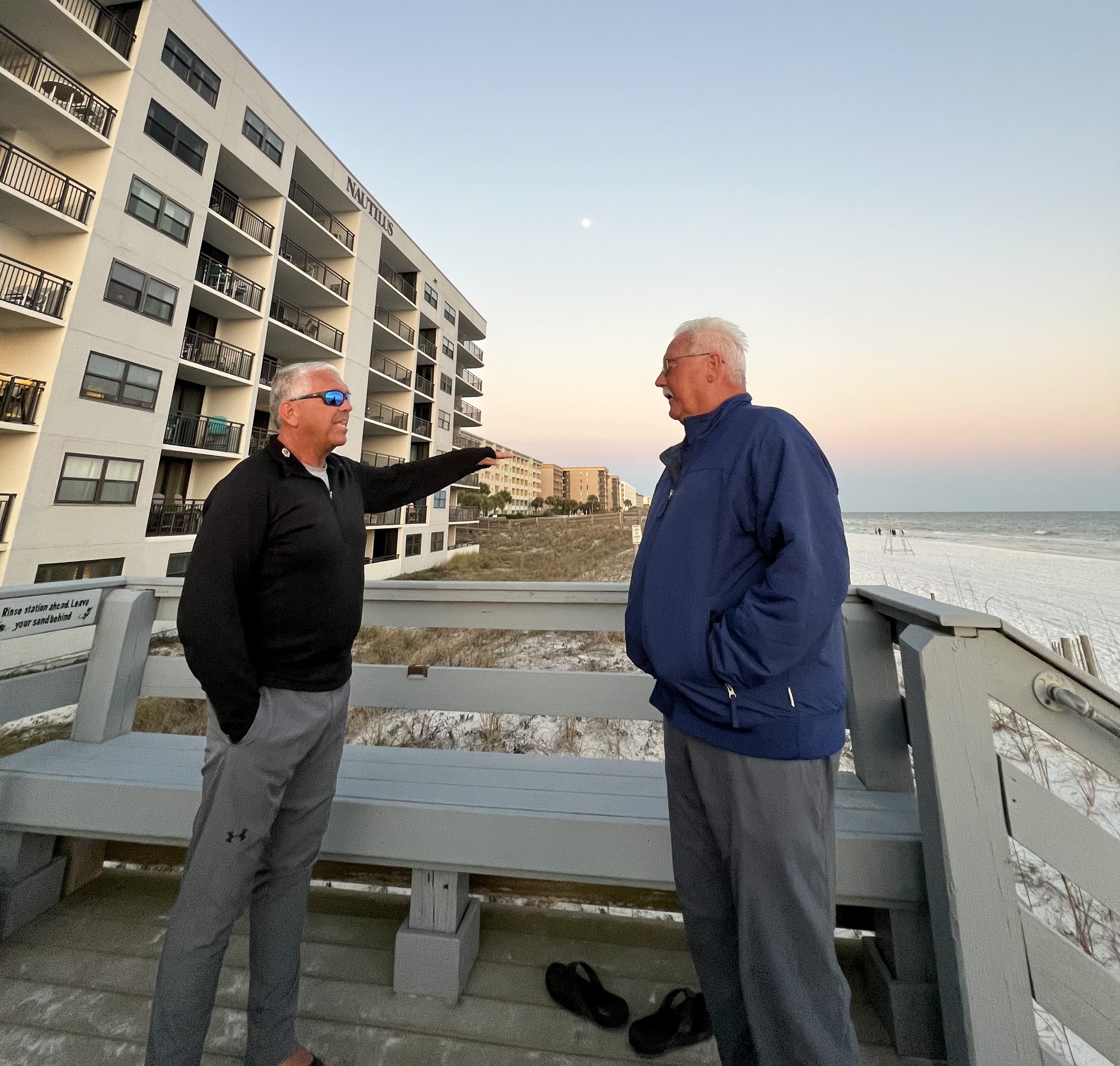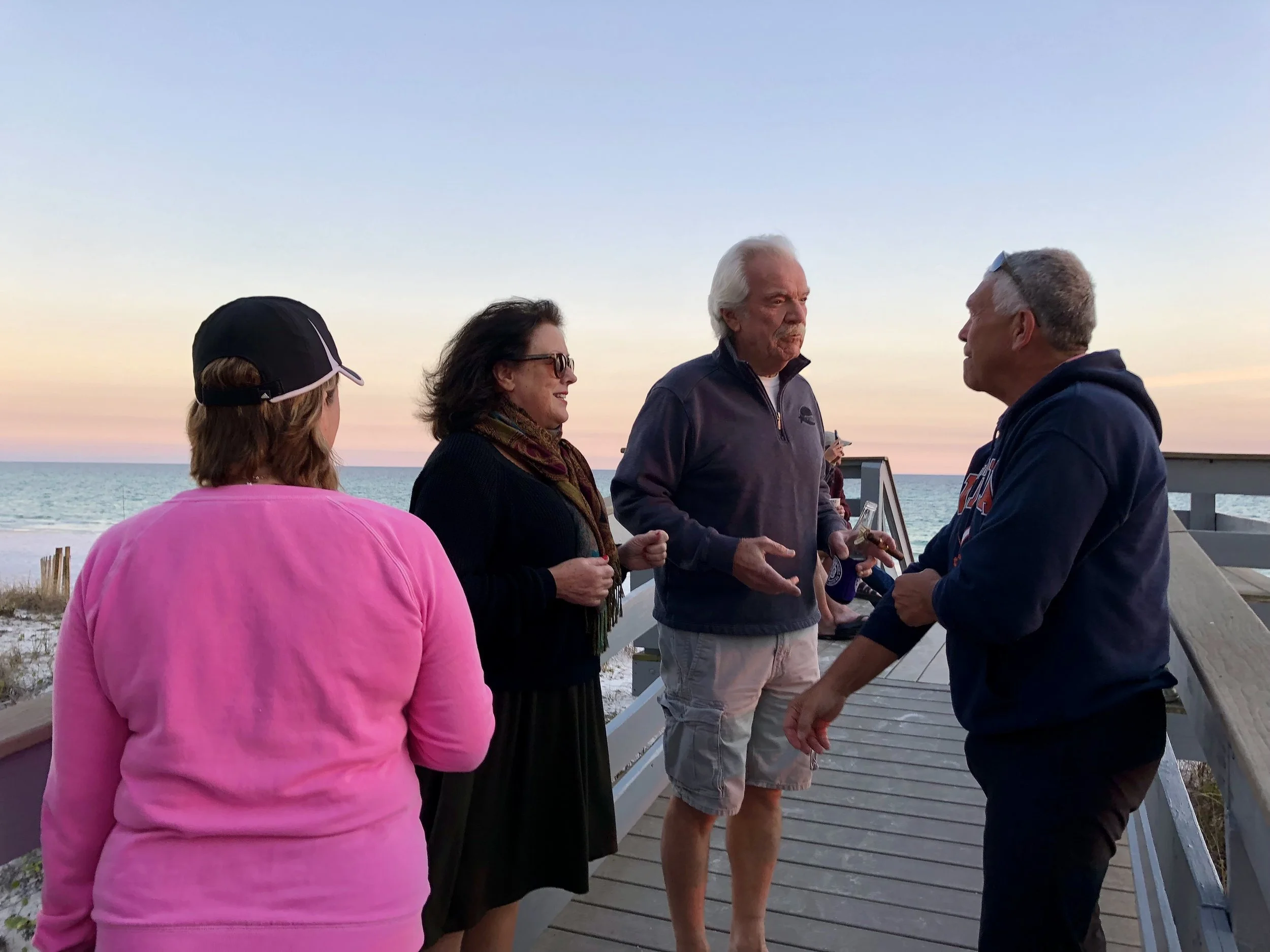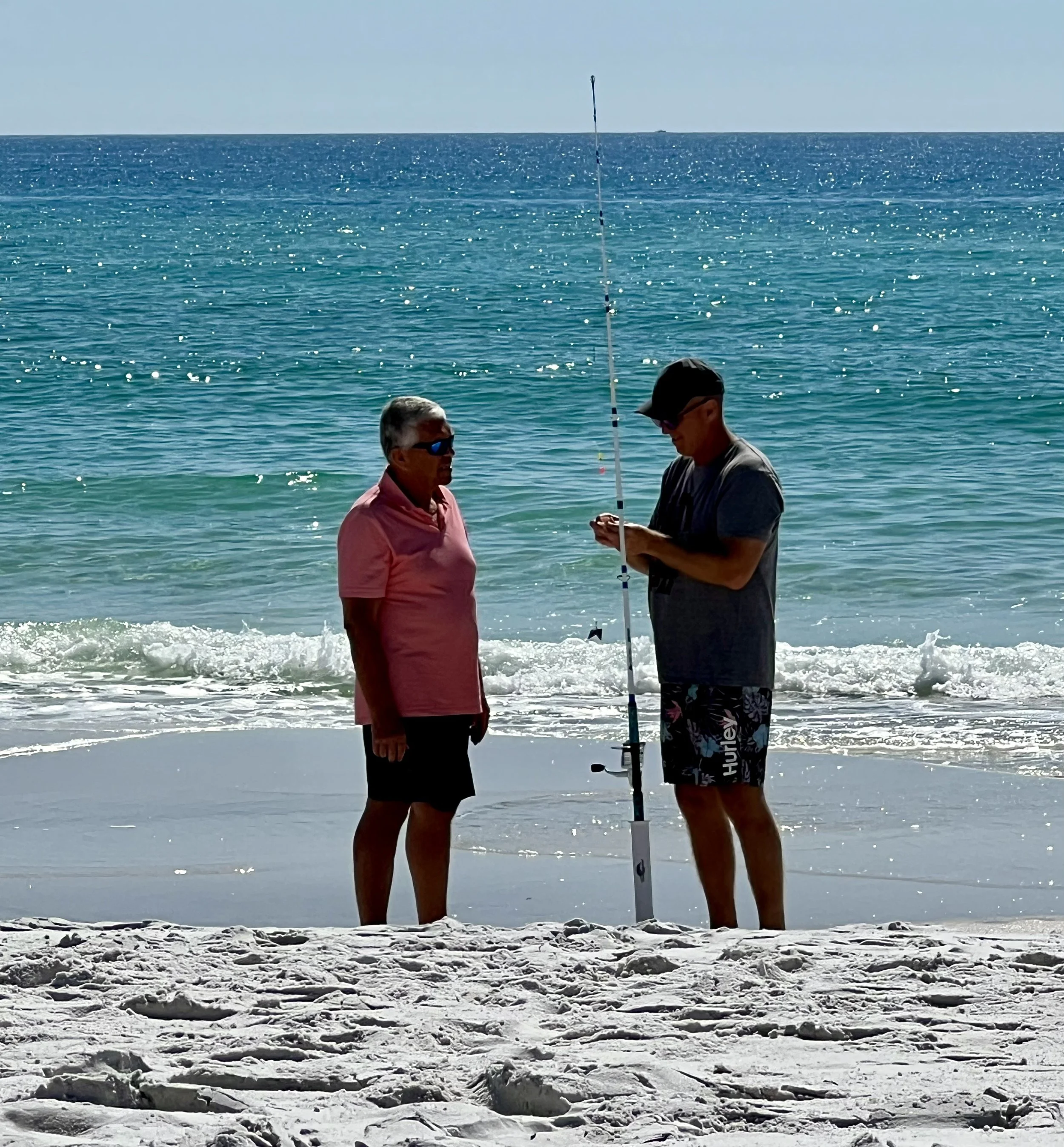Why Breaking the Barriers?
Greetings! I’m Mart Novak, the founder and executive director of Breaking the Barriers. On behalf of the board and myself, I’d like to welcome you to our webpage! We hope you find the site very beneficial, for whatever calling God has given you in His kingdom.
Just a few words about myself. I spent my early years growing up in inner city, Chicago. Following high school in Holland, MI, I did construction work at a French youth camp in the Cevennes mountain range in southern France, did an undergrad at Hope College, taught in Denver, and did graduate studies at Westminster Theological Seminary in Philadelphia. After pastoring in Orlando for 6 years, our family moved back to Michigan where I planted a church and pastored for nearly 30 years. I am married to Bonita, and we have 4 adult children.
In June of 2025 I stepped down from pastoral work in order to tackle the issue that has hindered the growth of the church for 1600 years:
While the gospel was spread rapidly by the followers of Jesus throughout the Mediterranean world in the first centuries, by mid-4th century the rapid growth was in decline. While Jesus gave the responsibility of spreading gospel to His followers, today, few Christians speak to others about the most important news in the history of the world. Why? So…
How do we restore the rapid spread of the gospel today?
In John 4.35 Jesus tells His followers: “Open your eyes and look! The fields are white and ready for harvest!” And then the whole city of Sychar turns and believes in Him! Jesus was illustrating to His followers what they could expect to take place after the Resurrection & Pentecost — scores of new believers from the nations coming to Christ. What was meant to continue for the rest of history, nearly came to a halt by 400 AD.
If there are fields of lost people waiting to be harvested, it means there are 100’s of 1,000’s of people in whom the Holy Spirit will work, if we just start the conversation and plant the seed!
If lost people are to come to Christ in large numbers again, all of His followers will need to:
1) Understand the worldview/beliefs of the lost
2) Truly believe and live in the transformative power of the gospel
3) Learn how to communicate the gospel in today’s culture
Breaking the Barriers rests on the following premises:
Jesus’ resurrection and Pentecost prepared the way for the gospel to spread rapidly and the church to grow exponentially.
This is accomplished through the ongoing testimony of every believer, empowered by the Spirit, to carry out the mission (not through an elite corps of highly trained individuals. See the earliest example – the woman from Sychar – John 4).
This results in new believers spreading the gospel and training those who come to Christ.
This pattern, lost in the 4th century through the instantiation of an ecclesiastical hierarchy and the institutionalization of the church must, with urgency, be restored.
What does Breaking the Barriers do to bring this about? It…
Decodes ways to break through barriers that keep lost people from Christ (Worldview & Apologetics)
Trains individuals and churches how to overcome their own barriers and communicate the gospel winsomely, boldly, and effectively, to as many as possible (Evangelism)
Trains Christians how to befriend and help new believers follow Jesus and share their faith (Discipleship)
This has always been Christ’s vision for the transformation of His world.
It’s our vision to bring this about.
For Christ & the rapid spread of His Kingdom!
Mart Novak
Executive Director, Breaking the Barriers



